
BME Systems & Synthetic Biology
Systems biology is the integration of experimental and modeling approaches to dissect complex cellular phenomena. Fundamentally, systems biology aims to better quantify and comprehend the highly multivariate and interactive networks of genes, proteins, and metabolites that regulate cellular function.
The faculty in Cornell’s Meinig School apply new experimental and computational approaches to understand how these gene, signal transduction, and metabolic networks are regulated in healthy tissues and dysregulated, resulting in aberrant cell fates, in pathological settings such as development, cancer and aging. Furthermore, our researchers use modeling efforts to better engineer both novel biomolecules and new combinatorial therapeutic strategies to treat these pathophysiologies. Increasingly, our efforts aim to marry experiment and modeling at the single-cell level so as to elucidate how cell-to-cell variability arises and underlies disease progression and response to therapy. These efforts rely on connections with Cornell’s Single Cell Working Group, NIH-funded Physical Sciences Oncology Center, and Stem Cell Program, as well as in collaborations with clinical and research scientists at Weill Cornell Medicine, including the Englander Institute for Precision Medicine.
Faculty research interests
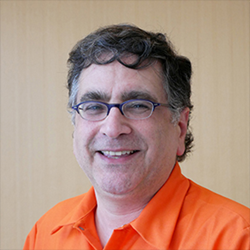
James Antaki
James Antaki’s lab is involved in three application areas related to Synthetic Biology: heart-assist support systems for children and adults, development of a blood-purification system for severe malaria and multi-scale computer simulation of thrombosis in artificial circulation.
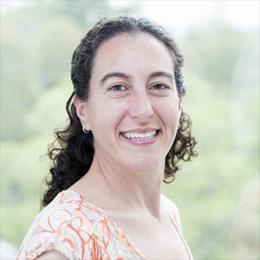
Ilana Brito
Ilana Brito’s lab pioneers systems-level methods to examine horizontal gene transfer within the human microbiome, the predominant mechanism by which pathogens acquire antibiotic resistance. The Brito Lab studies the transmission of commensal microbes between people and their environments. They employ a combination of microbial engineering, single-cell sequencing approaches, and novel computational algorithms applied to metagenomic data to better understand the relationship between human health and the microbiome.
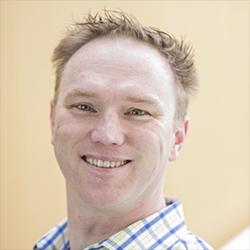
Jonathan Butcher
Jonathan Butcher’s lab develops and utilizes multi-scale systems modeling to analyze molecular and cellular decisions necessary to grow and organize embryonic cardiovascular tissues. They incorporate finite-element-based growth mechanics simulation with population-based systems modeling to identify key signaling and emergent cellular decision bottlenecks that predict appropriate and malformed heart valves. These computational approaches inform bio-hybrid intervention strategies to repair congenital heart defects.
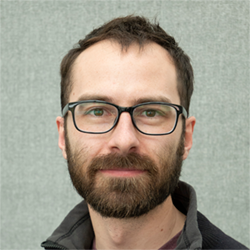
Nate Cira
Nate Cira’s lab is interested in understanding emergent properties in multipart biological systems. Currently this involves microbial communities and traveling networks. These investigations are aided by the lab’s work developing high throughput fluidic tools.
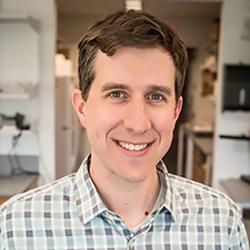
Ben Cosgrove
Ben Cosgrove’s lab studies how aging influences a decline in the ability of resident stem cells to regenerate adult tissues. His lab explores how alterations in intercellular communication and intracell signal transduction pathways are altered in aging. His research uses computational and experimental approaches to better understand these signaling networks at the single-cell level, and to target aberrant network functions to rejuvenate stem cells in aged tissues.
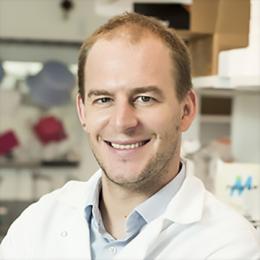
Iwijn De Vlaminck
Iwijn De Vlaminck lab’s mission is to improve human health through the development of genomics-based medicine technologies to study and diagnose infectious, immune and microbiome-associated disease. The lab pursues research in two areas: i) investigating technologies and applications of circulating cell-free DNA for the monitoring of infection, host tissue injury due to infection, organ and bone marrow transplant complications and microbiome-associated diseases. ii) investigating single-cell and spatial sequencing technologies, including technologies developed in-house, to study infection in native, complex tissues and to spatially profile host-microbiome interactions.
BME Graduate Field Faculty in Systems & Synthetic Biology
Matt DeLisa, md255@cornell.edu
Olivier Elemento, ole2001@med.cornell.edu
Jesse Goldberg, jesse.goldberg@cornell.edu
Iman Hajirasouliha, imh2003@med.cornell.edu
Ailong Ke, ak425@cornell.edu
Dan Luo, dl79@cornell.edu
Alyosha Molnar, molnar@ece.cornell.edu
Alexander Nikitin, an58@cornell.edu
Shu-Bing Qian, sq38@cornell.edu
Mert Sabuncu, msabuncu@cornell.edu
Jeff Varner, jdv27@cornell.edu
Haiyuan Yu, hy299@cornell.edu

